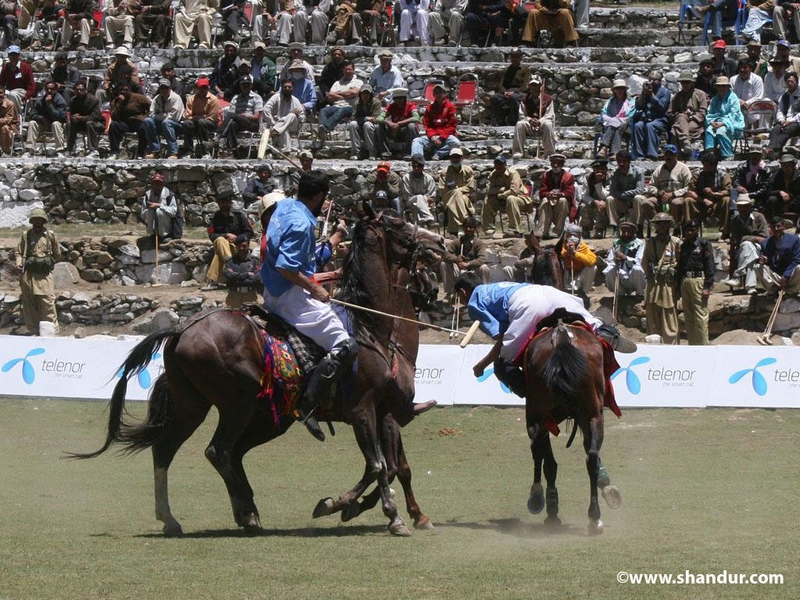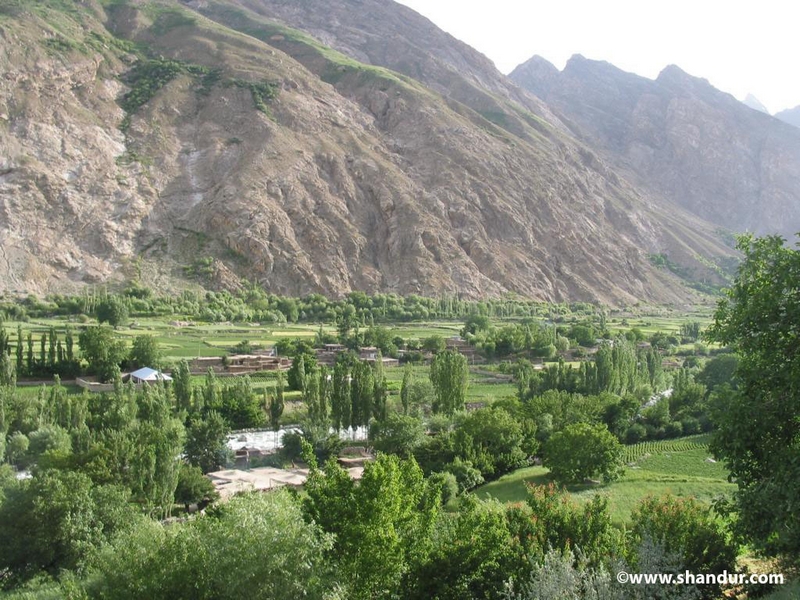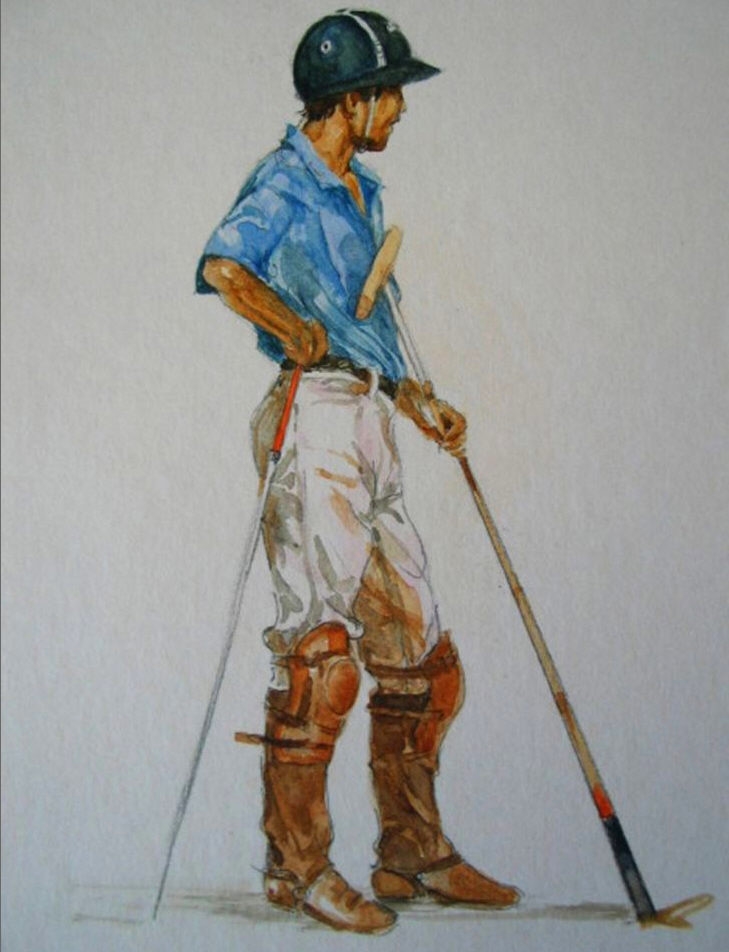The Maltese Cat, the main character, takes you to play polo on the roof of the world.
“Escheatment”, Book 1 in the Maltese Cat Book Series continues with new chapters. Enjoy:
Chapters 1 & 2, 3 & 4, 5 & 6, 7 & 8, 9 & 10, Chapter 11,
Chapters 12 & 13, 14-16, 17, 18, Chapters 19 & 20,
Chapter 21, 22 & 23, 24, 25, 26, Chapters 27-29
Chapter 30, 31-32, 33-34, chapters 35 & 36,
Chapters 37-39, 40-41, chapters 42-43, 44-45.
Chapter 46
To Shandur
The Cat caught an Emirates flight from San Francisco International to Islamabad. It took just over 21 hours. He could have selected a combination of United Airlines and Pakistan International Airlines, whose flight time was slightly shorter, but his experience told him that he would be better taken care of by Emirates. The flight was long but the in- flight service was excellent and he hardly noticed the thirteen hour time difference when he arrived at his destination.
Another reason for flying with Emirates was the one stop in Dubai, instead of United’s stop in Beijing. This way, his friend, Bruce Cowdray, could join him on the second leg of the trip. Bruce lived and worked in Jeddah, Saudi Arabia. They had also met initially through a polo website and found they had much in common. He invited Bruce to meet him in Pakistan to visit Shandur. Bruce had readily agreed, arranging it around his busy work schedule. Bruce would be an asset since he had already experienced Shandur and had made friends there. Unfortunately, after the Cat had booked his flight, he discovered that Bruce elected to fly directly to Pakistan, avoiding Dubai. Bruce explained that he had a history in Dubai so he wanted to avoid further complications by not returning there.
The plane trip turned out to be entertaining despite Bruce´s change of flight plans. Once the Cat had settled down in his seat after boarding in San Francisco, the gentleman next to him in First Class struck up a conversation, The man, middle-aged, and dapper in an expensive suit, appeared to be of Arabian descent. During their conversation it turned out that both had attended graduate school at the University of Southern California´s School of International Relations, although not at the same time, and not at the same campus. The gentleman had been at the home campus in Los Angeles while the Cat had completed his degree abroad at the USC foreign campus in Frankfurt, Germany. The topic of the endless turmoil in the Middle East arose and they touched on the Arab and Jewish conflict. The man stated that
it was not a question of religious differences.
“You see,” he asserted, “both the Qur’an and the Torah recognize various mutual persons. Abraham plays an important role. Muslims maintain that Abraham asked God to bless both the lines of his progeny, of Ismail and Ishaq, and to keep all of his descendants in the protection of God. We also believe that Muhammad is a descendant of Abraham through Ismail. How can these two religions be at odds with each other?”
“Actually,” he continued, “it is solely a problem of interpretation, and that is a human factor, not God´s work. The Jews become our enemy because someone decides they should be. The same goes for Saudi Arabia´s problems with Iran and Syria. We are all Muslims, but we are at war with one another. This is not Allah’s will.”
The conversation passed the time between San Francisco and Dubai, and when they finally landed the gentleman gave the Cat his business card. The Cat accepted it without looking at it as they shook hands and parted ways. Within the course of a few hours, the two felt a bond with each other that had started with a coincidence of finding out that they were school alumni and continued with perspicacious, intellectual conversations about world politics. Later, while waiting in the Dubai airport for the next leg of his trip to Islamabad, the Cat fingered the card in his pocket. He retracted it and read, although to little surprise, that the man, Mansur Yamani, had as his title simply
Royal Kingdom of Saudi Arabia
Ministry of Foreign Affairs
There was also a handwritten telephone number on it. He placed it in his wallet. Perhaps someday it might come in handy.

photo: shandur.com
Chapter 47
Shandur Top
In Islamabad, the Cat and Bruce were met by Kaiser. Kaiser had arranged accommodations for one night for the two weary travelers. The following day the three took a flight up to Chitral, which was located in northern Pakistan at 5,000 feet above sea level. Chitral’s polo team is one of two regular participants at the Shandur Festival, together with their perennial rival, Gilgat. One night in the Hindukush Regent Hotel refreshed the two travelers and the next day the three set out in a 4-wheel drive pickup truck, along with their guide, to climb the narrow mountain path that led to the Shandur Festival. The unimproved road wound along the path of the river, with precipices sometimes of over 500 feet.
The guide was experienced and exhibited no fear as he wrestled with the steering wheel. The air was clean and fresh,far from the city pollution found in Islamabad. This region was largely uninhabited, except for the occasional local tribesmen and their families
The Shandur Festival is an event that is held at Shandur Top, a plateau located in northwest Pakistan, every July, as it has been since 1936. In 1935, UK Administrator for Gilgit-Baltistan, E. H. Cobb, tasked Niat Qabool Hayat Kakakhail to build a polo field in Shandur. The polo ground was named Mas Junali because, in the local Khowar language, mas is the word for moon and junali is the word for polo ground. Cobb was fond of playing polo in the moonlight. Upon completion, Cobb was so impressed by Kakakhail’s accomplishment that he wished to reward him for his service. Kakakhail refused to accept any personal remuneration for his work. Instead, to benefit the community, Kakakhail asked Cobb to supply trout in order to stock the local streams. Cobb arranged for live trout to be brought in from England and these were placed into the nearby River Ghizer. Due to this small, selfless request, the Directorate of Fisheries was established and hundreds of people were employed. Today, some of the fish found in Hundarap Lake and in nearby Lake KhukushNallah are said to weigh up to 40 kilos.
When the three travelers finally arrived at their destination, the first thing they noticed was the camp of colorful tents and the variegated flags aloft. The next thing they noticed was how thin the air was. At over 12,000 feet altitude, they had been warned about the acclimatization process they would encounter. This was the Cat’s first trip here, but Bruce had been here on several occasions. He acted as their tour guide and sought out old acquaintances, leaving the Cat and Kaiser to unload their luggage from the pick-up.
Kaiser spoke to the Cat in a whisper as they worked. “I was told that the people you want to meet will contact us within the course of the festival. It will be impossible to pick them out among everyone here. They will probably be wearing the clothes of the Pashtun, like so many others here.”
The Pashtun are a mountain tribe who live in the northwestern region of Pakistan and in southeastern Afghanistan.
They compose Afghanistan’s largest ethnic group and are the second-largest ethnicity in Pakistan. Many of the Taliban members are Pashtun.
The Cat just nodded his understanding. Kaiser continued, “I am still unclear on why you want to meet with them. You are playing with fire.”
“But necessary,” Cat replied tersely.
“It must be to bring you here to the outer reaches of the world,” said Kaiser.
“Oh, don’t you know? I came for the polo,” quipped the Cat.
They smiled and continued to unload their gear.
During the next few days, the threesome met with players and had many discussions on topics ranging from polo to geological formations of the surrounding mountains to tribal customs in this region. The players were uncommonly generous, even lending their own horses for the three to ride. These ponies were one of either two breeds – the Afghani Badakshani, a short stout horse, rugged as the Afghanistan mountains, or Punjabis, which were sleeker, reminiscent of the ancient Akhal-Teke breed. All were stallions, not at all like the Argentine-Thoroughbred mix to which the three were accustomed. The horses had the stamina to play two 25-minute periods of jostling in a game without rules and without umpires, all at this high altitude. They were magnificent creatures, and the chance to ride them was a
once in a lifetime dream.
Over the course of the few days, a number of spectators regularly showed up to watch the three men on the field, stick-and-balling, a term used in polo for hitting practice. Kaiser received the most attention and admiration for his enormous hits. People began to speak of him with reverence for his ability to send balls almost the entire length of thefield with one stroke. He was doubly popular by the fact that he was a native son. A story circulated around the camp.
Fate whispers to Kaiser, “You cannot withstand the Storm.”
And Kaiser thunders back, “I am The Storm!”
The rest of the days were spent idly watching matches and the festivities. Exotic music exploded from drums and flutes, which gave the polo games their own distinct ambiance. Bruce had a roving eye. He rarely missed an opportunity to follow the shape of a wandering woman. On one occasion, the Cat asked him, “Any luck?”
Bruce answered gruffly, “Bakku-shan.” The Cat smiled at Bruce’s use of the Japanese concept of watching an attractive woman from behind, only to discover, upon seeing her from the front, that she was not at all as desirable as one had hoped.
As Bruce and the Maltese Cat walked on together, the Cat’s thoughts shifted to the sheer beauty of their surroundings. Many considered this tournament venue The Roof of the World, a reference to the part of High Asia that is usually reserved for Tibet. Off in the distance, he could see the majestic peaks of the Hindukush Mountains.
Somehow, they reminded him of his native California and of Yosemite National Park where he had spent many summers. The crisp mountain air in Shandur brought back a treasure chest of mem0ries unrelated to this area and the Maltese Cat enjoyed his stay, still wondering if he might ever come in contact with the Taliban, as was planned.
One evening by a campfire, in a discussion with the captain of the Gilgit team, Bruce mentioned that each player was allowed to ride only one pony throughout the match. Bruce explained that the use of only one pony allowed peasants to compete with emirs. Money was not the restrictive obstacle as it is in polo tournaments elsewhere, where a player might have access to a dozen or more ponies for a match.
Bruce said, “Here, the use of only one pony is the great equalizer among men of different classes.” The middle-aged captain wisely added, “That is the image some observers here in Shandur would like to project. In reality, a peasant in Pakistan could never afford to purchase and maintain the caliber of horses that we have here, much less travel to this tournament.” He concluded by saying, “If wishes were horses, beggars would ride.”
It occurred to the Cat in that instance that this exact phrase applied to the Boys Club. The boys believed that they were above the crowd and this belief manifested itself in their supercilious demeanor towards others. Their avarice will be their downfall, thought the Cat.
On the night before the final, there was a great feast in one of the tents used by the Chitral team. Along with the standard fare of roasted lamb and lamb kebabs, rice dishes, and Nan (bread), there was also ChanayKa Pulao (Chickpea/Garbanzo Bean Pilaf), various vegetable dishes and more exotic fares, all washed down with NimbuPani (lemonade.) A pot was later carried around which had a most unusual appearance and aroma. Kaiser explained that it was some concoction with goat meat, blood, and even goat eyes. All three men decided to pass on this. Bruce bragged that he had an iron stomach but this was a wee bit too challenging for his constitution.
By the fourth day, no attempt had been made by the Taliban to contact the Cat. The final polo match was scheduled for later in the afternoon. Unfortunately, during the morning, the word spread that a number of the Chitral players had fallen ill and would not be able to contest the final. Bruce attributed this to the players’ indulgence in the strange stew from the night before. Each of the ill players had consumed sizable portions of the stew, so Bruce’s conclusion was not without merit.
It seemed all so anticlimactic that the festival should end without a final game until Kaiser strolled over to the Cat and Bruce.
“There seems to have been a game change,” Kaiser announced.
“We’ve already heard,” said Bruce, glumly.
“No,” Kaiser continued. ¨A friendly match has been organized and we three have been invited to participate.”
Bruce was astounded. “You’re joking!”
“Scout’s honor,” retorted Kaiser. “They must have seen you, Bruce, stick & balling, and thought they would like to see you on a field.” Kaiser then smiled in the Cat’s direction in a most sarcastic way.
“I don’t care what the reason is. I’m in!” cried Bruce.
They all agreed to play. They went in without high expectations and felt none of the usual pressure before a major match. It was to be a friendly game, so what could happen?
Can’t wait for the next installment? Go to: amazon.com/Escheatment-Maltese-Cat-1

photo: shandur.com



